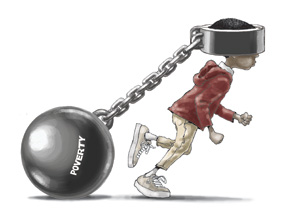Video: How to prepare for the job market
The following is a summary of LEMP Founder, Douglas Waudo engaging season with students at Kenyatta University on how to prepare for the job market. 1. Have a professional CV. Most qualified job seekers hardly get invited for interviews by prospective employers despite applying for hundreds of jobs due to a poorly presented and lacklustre written CV. If an employer struggles to understand your CV, or has to literally spent lots of time dig for information, chances are your CV will end up in the trash bin. Ensure your CV is well-written and presented, easily understandable and has the following: a cover letter, contact details, career objective, education qualifications, career summary, working experience, listed skills and referees. 2. Know where and how to look for jobs. Don't just rely on one way to look for a job. Subscribe on various job sites, where you get alerts on job vacancies in your field of interest. Constantly check out newspapers and employment boards. Learn the art of networking. This can be achieved through engaging in alumni associations, having your profile and CV on LinkedIn, attending career fairs, product launches and events organised by prospective employers. Finally, identify prospective employers and follow them on social media to receive alerts on advertised vacancies, and be updated on happenings of the organisations. 3. Be prepared for interviews. Take time to research about the organisation and the position before you attend an interview. On the day of the interview, show up on time and look professional. Don't arrive late for an interview with excuses of traffic jam etc. Be confident and sell yourself. Let your education, experience and skills, achievements and your passion be manifested in the interview. Remember to carry educational documents and any previous work you have done to make your case why you believe you are the right person for the position. 4. Be prepared after the interview. Looking for a job doesn't end after an interview. Take time to analysis how your last interview went. Would you have answered certain questions better? What would you need to do to improve on for your next interview? Take each interview as a learning opportunity to perform better for the next. In negotiating for an offer - be ready to accept days of humble beginnings. Know your market rate. Most people have trouble getting jobs because they have either overprice or underpriced themselves out of jobs. Know your professional worth, and be realistic with your remunerations. Don't be quick to turn offers down simply because they didn't meet your salary expectations.


